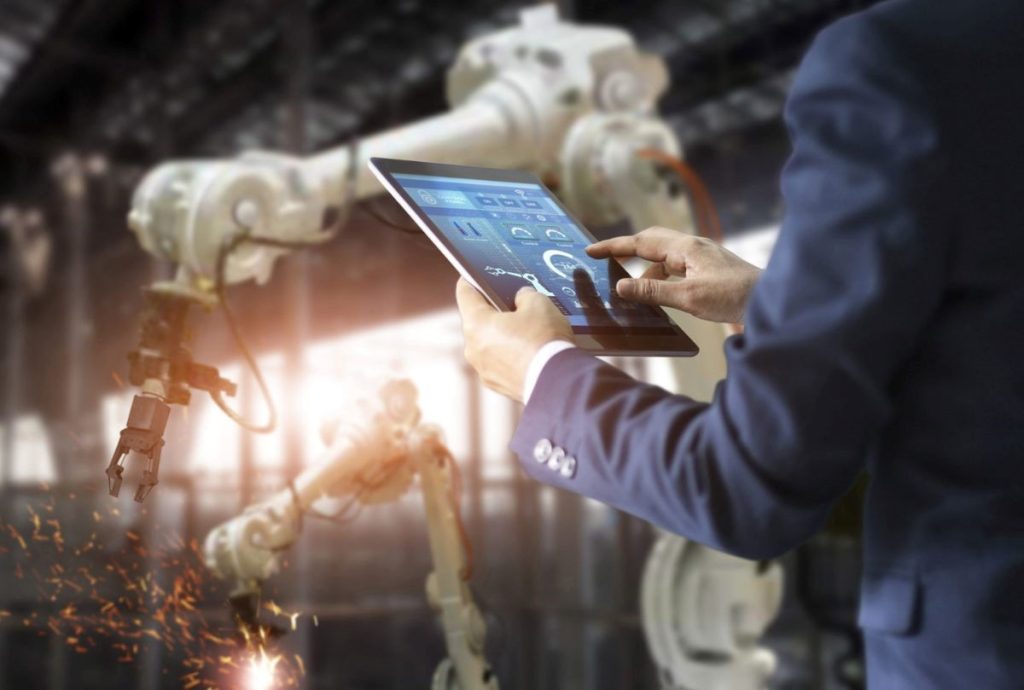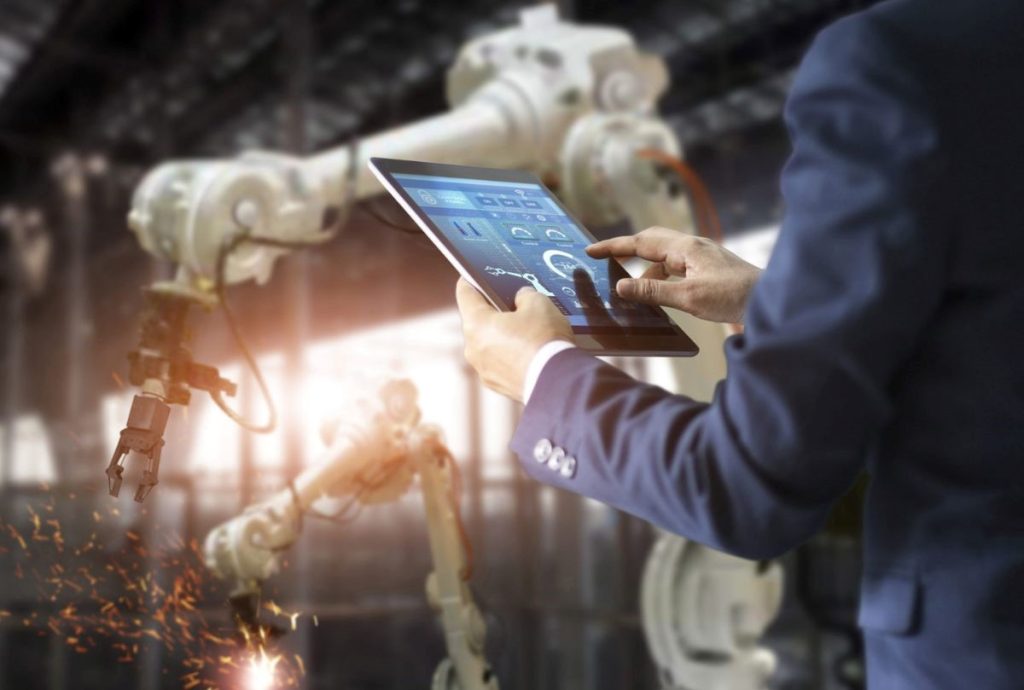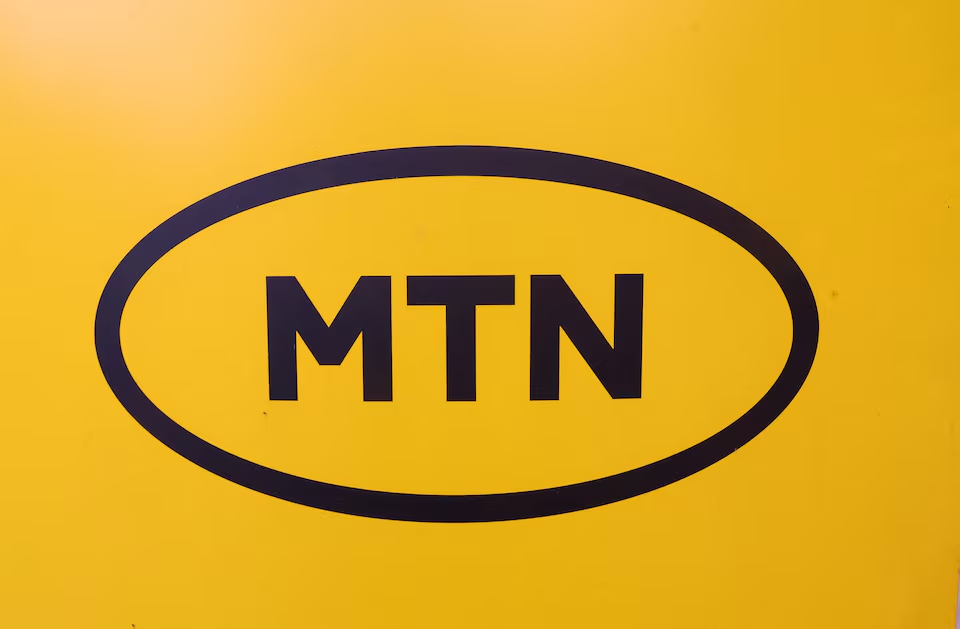
Ahead of MWC25 Barcelona, GSMA Intelligence has launched research highlighting a dramatic shift in the global economy, with advanced connectivity and mobile technologies to contribute $11 trillion to global GDP by 2030 – which represents 8.4% of the total. This surge represents a significant increase from the contribution of $6.5 trillion (5.8% of overall GDP) in 2024, emphasising the growing role and exciting potential of digital technologies and enterprise transformation in reshaping industries.
GSMA Intelligence’s Economic Growth and the Digital Transformation of Enterprises 2025 report highlights manufacturing, financial services, automotive and aviation as pivotal sectors, contributing nearly 34% of the projected $11 trillion impact by 2030. Advanced connectivity will continue to transform these industries, driving significant cost efficiencies and revenue growth globally.
Advanced connectivity such as 5G is unlocking new opportunities for innovation and growth. However, to realise its full potential, more collaboration is needed between policymakers, network operators and enterprises to overcome barriers to enterprise adoption such as high implementation costs and lack of technical expertise. Only through deep cooperation can we fully harness the benefits of this digital revolution.
– Pau Castells, Head of Economic Analysis, GSMA Intelligence
Manufacturing
- Manufacturing currently accounts for 23% of global GDP, facing significant challenges including supply chain disruptions and the need to adjust to climate targets. Promisingly, the adoption of technologies such as IoT, robotics and big data analytics is projected to boost the sector’s GDP by $2.1 trillion by 2030.
- By integrating advanced connectivity solutions, including 5G, the report predicts manufacturers could achieve over $400 billion in annual cost savings by 2030.
Financial services
- The financial services sector currently contributes 7% to global GDP, experiencing rapid transformation through widespread adoption of technologies including cloud computing, AI, and blockchain. According to our research, this transformation will boost the sector’s GDP by nearly $900 billion by 2030.
- Next-gen connectivity plays a central role in enabling new channels to real-time data analysis, integration of artificial intelligence for improved task efficiency and faster time to market for new products. By 2030, this could uplift sector’s revenue by nearly $140 billion in indirect benefits.
Automotive
- The automotive sector contributes approximately 3% to global GDP, and it is undergoing a profound transformation driven by the adoption of connected, electric and autonomous mobility solutions. By 2030, digital technologies are expected to increase the industry’s GDP by almost $600 billion.
- 5G will play a critical role in enabling smart automotive factories and autonomous vehicle operations, saving the sector a projected $45 billion annually by 2030.
Aviation
- Contributing 1% to global GDP, the aviation sector uses digital technologies to enhance operational efficiency and passenger experiences. Digital transformation is expected to boost the sector’s GDP by $200 billion by 2030.
- 5G-enabled smart airport solutions, including IoT sensors and AI-powered systems, will enhance infrastructure monitoring, asset tracking and security systems, potentially saving airports $10 billion annually by 2030.
Redefining connectivity with 5G
As industries worldwide undergo rapid digital transformation, 5G stands out as a key component of economic growth, with nearly 85% of enterprises rating 5G as critical to their digital transformation strategies. With ultra-fast data transmission, low latency and massive device connectivity, 5G is enabling use cases previously constrained by legacy technologies. The report highlights that industries adopting 5G technologies are experiencing accelerated progress in automation, AI integration and IoT-based solutions.
Supporting Digital Transformation with GSMA Connected Industries at MWC
GSMA Connected Industries returns to MWC25 Barcelona this year to showcase the transformative potential of advanced mobile technologies and diverse solutions across Manufacturing and Production, Fintech and Mobile Commerce, Smart Mobility and Sports and Entertainment. Bringing together a wide range of businesses and industry leaders, Connected Industries is an exclusive showcase of how 5G, IoT and other digital solutions are powering smarter and greener operations, unlocking new possibilities in advanced connectivity and accelerating the next wave of industry 4.0.
Connected Industries at MWC offers a unique opportunity for businesses and technology leaders to hear first-hand from our GSMA members and partners on how emerging mobile technologies and 5G applications are shaping industries and enabling new use cases like enhanced factory floor automation, improved fraud prevention, smart airports and connected and autonomous vehicles. Mobile is certainly at the heart of digital transformation and our summits at MWC will showcase these innovations throughout the week.
– Richard Cockle, Connected Industries lead and Head, GSMA Foundry
The GSMA also supports Connected Communities, an initiative to bring mobile network operators and industry together to innovate. Members can get involved in the communities to collaborate on technical projects, participate in thought-leadership, share knowledge and insights, network with the broader ecosystem and help to drive digital change. The GSMA’s Connected Communities span Connected Manufacturing and Production, Connected Fintech and Mobile Commerce, Aviation, 5G IoT, 5G Futures, Identity and Data, the Tower & Fibre Forum, Non-Terrestrial Networks (NTN) and Satellite and the 5G Innovation and Investment Group Forum.
Source: www.techafricanews.com





